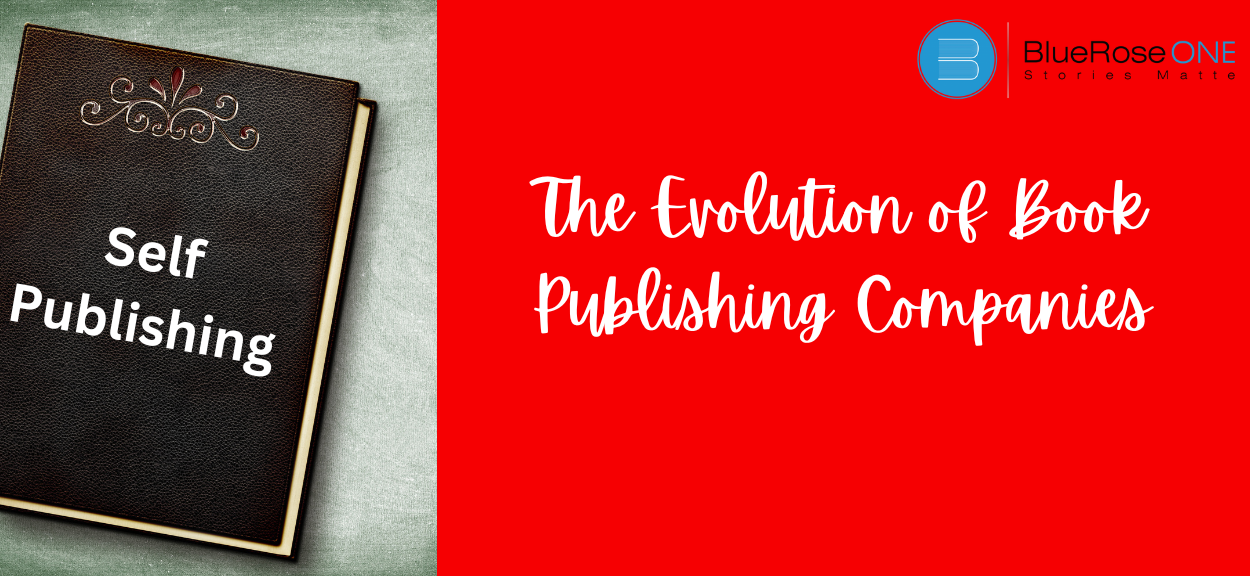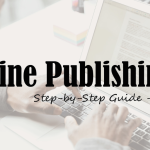Introduction
Introduction to Book Publishing Companies
Historical Overview of Book Publishing
Traditional vs. Modern Book Publishing
Traditional Advancements in Book Publishing
Market Trends and Insights
Challenges Faced by Book Publishing Companies
Adaption Strategies for Book Publishing Companies
Future Outlook for Book Publishing
Conclusion
Introduction
In the vast landscape of literature, book publishing companies have played a pivotal role in bringing the written word to the masses. From the humble beginnings of hand-copied manuscripts to the digital revolution of today, the journey of book publishing has been one of constant evolution and adaptation.
Introduction to Book Publishing Companies
Book publishing companies serve as the bridge between authors and readers, facilitating the production, distribution, and marketing of literary works. They are essential entities in the literary ecosystem, responsible for nurturing talent, curating content, and ensuring that books reach their intended audience.
Historical Overview of Book Publishing
The history of book publishing dates back centuries, with early forms of publication ranging from handwritten scrolls to the invention of the Gutenberg printing press in the 15th century. The Gutenberg press revolutionized the way books were produced, making them more accessible and affordable, thereby fueling the spread of knowledge and literacy.
Traditional vs. Modern Book Publishing
Traditional book publishing has long been characterized by established publishing houses, rigorous editorial processes, and physical distribution channels. However, with the advent of digital technology, modern publishing methods have emerged, offering alternative routes to authors seeking to bypass traditional gatekeepers and connect directly with readers.
Technological Advancements in Book Publishing
Shorter print runs and on-demand printing capabilities are now possible because to the widespread use of digital printing techniques, which have simplified the publication process. Furthermore, the popularity of e-books and audiobooks has changed how users consume content by offering practical substitutes for conventional print media.
Market Trends and Insights
The growth of self-publishing has been one of the biggest changes to the book publishing business. With the ability to publish independently, authors can now circumvent established publishing routes and maintain more creative control over their works. In addition, hybrid publishing models have surfaced, providing writers with the advantages of self-publishing as well as established methods.
You may also like: 10 Elf Name Generators Fantasy Writers Can’t Miss!
Challenges Faced by Book Publishing Companies
In today’s competitive landscape, book publishing enterprises face many obstacles despite the potential that digital technology presents. Traditional distribution methods have been disrupted by online platforms like Amazon, which puts established publishing organizations at risk. Furthermore, businesses navigating the changing market must delicately strike a balance between the benefits provided by digital formats and the demands of traditional print publication.
Adaptation Strategies for Book Publishing Companies
Book publishing companies need to develop strategic alliances and adopt cutting-edge marketing strategies in order to stay relevant and successful in the digital age. By utilising email marketing campaigns, digital advertising channels, and social media platforms, publishers may establish a more intimate connection with readers and cultivate devoted followings for their writers. Collaborations with multimedia platforms and tech firms can also provide new channels for content delivery and revenue.
Future Outlook for Book Publishing
The publishing industry will face new opportunities and difficulties in the future as technology continues to change it. More publishing house consolidation, a greater emphasis on niche markets and different voices, and ongoing experimentation with immersive and interactive narrative forms are among the predictions for the business. The persistent power of storytelling, shifting consumer choices, and technical progress will all play a role in how book publishing develops in the end.
You may also read: 10 Classic Flat Character Examples in Literature and Film
Conclusion
To sum up, book publishing companies have evolved in line with the wider trends that define the digital era. From the advent of the print press to the growth of the e-book and the rise of the audiobook, the book publishing industry has kept pace with the ever-evolving needs of both readers and authors. While there are still challenges ahead, book publishing is here to stay, with plenty of growth and innovation on the horizon.
Publish your book for free with BlueRoseONE and become a bestselling author. Don’t let your dream of becoming an author fade away, grab the opportunity now and publish your book – be it fiction, non fiction, poetry or more.
Frequently Asked Questions
By facilitating new content delivery methods like e-books and audiobooks, creating alternate distribution channels, and optimizing production processes, digital technology has completely transformed traditional book publishing.
Higher royalties, more creative freedom, and the flexibility to release their work whenever it suits them—all come with self-publishing as opposed to traditional publishing contracts.
How do hybrid publishing approaches vary from self-publishing and traditional publishing methods?
Hybrid publishing approaches combine aspects of self-publishing and traditional publishing, offering writers marketing, distribution, and editing support without compromising their control over the publishing process or their ownership of their work.
By expanding their distribution networks, putting money into direct-to-consumer marketing campaigns, and investigating novel revenue streams like multimedia and subscription services, book publishing corporations are adjusting to the emergence of internet platforms.
Continued technical innovation, evolving consumer preferences, and the ongoing democratisation of the publishing process are expected to have a significant impact on the future of book publishing. Despite these obstacles, the industry is robust and there are plenty of prospects for expansion and innovation in the near future.
















